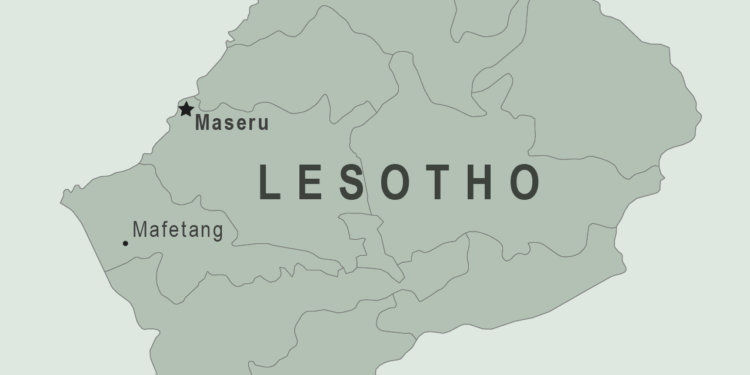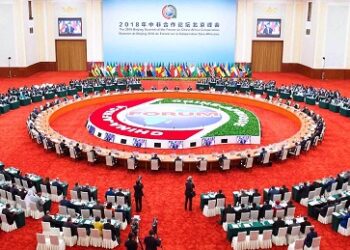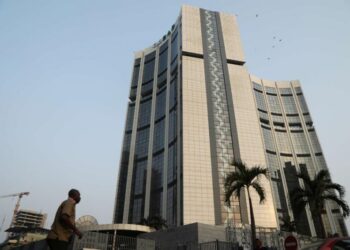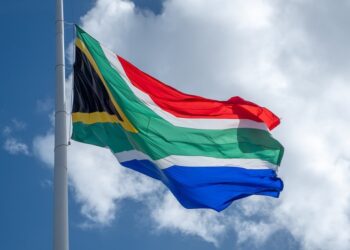Lesotho, landlocked country in Southern Africa. The country is often referred to as “The Kingdom in the Sky” or “The Switzerland of southern Africa” because of the stark beauty of its rugged mountainous terrain.
Since the Neolithic Period, the mountain kingdom was the domain of Khoisan-speaking hunter-gatherers. In the 19th century the Sotho, led by Moshoeshoe I, took control of the region. It remained independent until it became a British protectorate.
The area now called The Kingdom of Lesotho (pronounced le-Soo-too) was originally Basutoland. Both names derive from the common language, Sotho, which was spoken by the many groups which united to form the nation in the early 1800s.
The Sotho ethnic group comprises almost 100 percent of Lesotho’s population. The homogeneous makeup of the country has allowed Lesotho to avoid much of the civil unrest that has plagued other African nations with more ethnically diverse populations.
Basutoland gained its independence from the United Kingdom and became the Kingdom of Lesotho in 1966. The Basotho National Party (BNP) ruled from 1966 until January 1970. What later ensued was a de facto government led by Leabua Jonathan.

The nation’s flag, adopted in 1987, has diagonal stripes of white, blue, and green. White is symbolic for peace (khotso), blue for rain (pula), and green for plenty (nala). A shield that is part of the country’s coat of arms appears in the upper left diagonal space. The national anthem is “Lesotho, Land of our Fathers” (Lesotho fatse la bontat’a rona).
Though culturally conservative in the main, the people of the country welcomed the modernization programs begun in the 1990s, which have brought new wealth to the country but at the cost of much environmental damage.
Tourism and revenues from the country’s diamond industry have also helped to improve material conditions, and the capital, Maseru, has grown to become one of Southern Africa’s most attractive cities.
Artistic works created by artists from Lesotho are usually prized collections by art collectors. For this reason, there are several artists in the nation whose works are integral to the economy of the country.
The spectacular scenery of Lesotho’s rugged mountains, massive gullies (called dongas), and sparkling waterfalls create a tourist’s dream destination.
The Basotho hat, a conical woven hat with a distinctive topknot, is a symbol of Lesotho’s unification. It depicts a mountaintop, conical and topknotted, which is visible from the fortress and tomb of Moshoeshoe I (pronounced mo-SHWAY-shway) near Masaru. Both men and women invariably wear the wool Basotho blanket as a cloak, regardless of the season. The careful selection of color and pattern allows for individual expression.
Some four-fifths of the population profess Christianity, of which the largest denomination is Roman Catholic; other denominations include Lesotho Evangelical, Presbyterian, and Anglican. Other religions—including Islam, Hinduism, and Buddhism—are practiced by small percentages of the population, as are traditional religions. Some adherents of Christianity also embrace traditional religious beliefs.
Muslims live primarily in the northeast. Most practitioners of Islam are of Asian origin, while the majority of Christians are members of the indigenous Basotho. Indigenous religious beliefs also influence Songoma, a form of traditional medicine.
Due to secular nature of the Lesotho’s constitution, Muslims are free to proselytize and build places of worship in the country. The Muslim population of Lesotho in 2013 is about 3000 plus throughout the country.
Most of the population are from South Asia (India, Pakistan, Bangladesh, and Sri Lanka). South Asian Muslims, being a more prominent and established community, settled in the country to conduct business and trade. Their presence has been well noted since the early 1900s, when a few families migrated from Durban, Kwazulu-Natal.
There are various mosques and prayer halls in Lesotho at the Capital City Maseru to Butha-Buthe and other places around geography of Lesotho. Jamaat Khana at Jackpot Market, Bus Stop Jamaat Khana, Pioneer Mall Jamaat Khan, Sekamaneng Islamic Centre Jamaat Khana, Osaman Masjid at Ha-Hoohlo Jamaat Khana and Thabong are the places where people offer their Friday Prayer in Maseru City. The vast majority of Muslims are Sunni.



























































